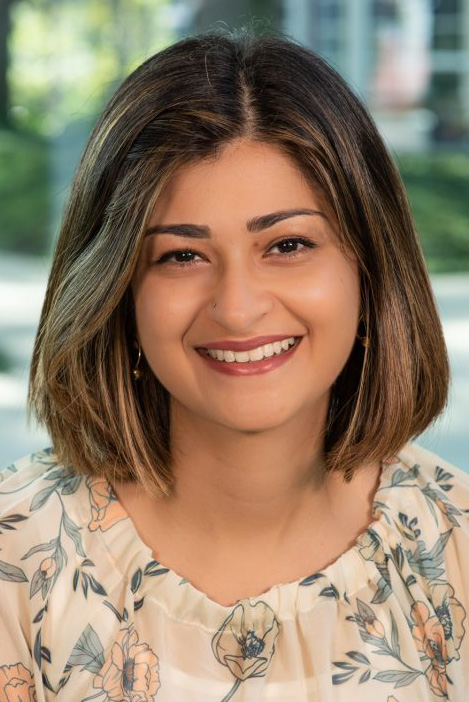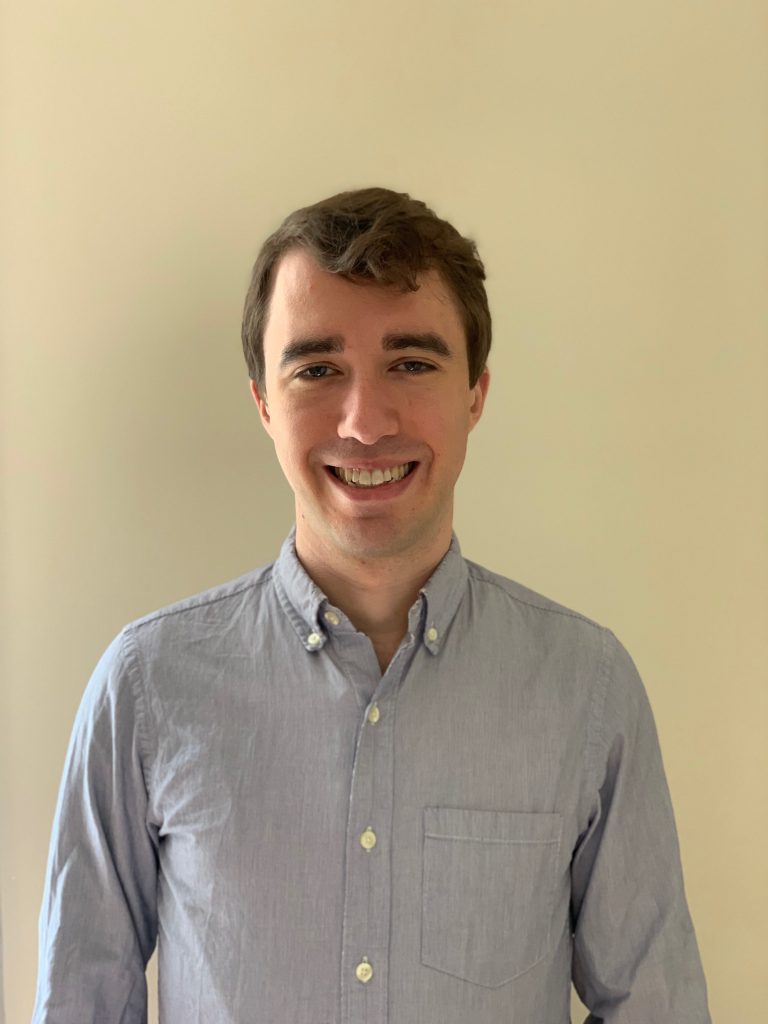Lily Mellitz ’26
Executive Features Editor
This semester, Trinity College welcomed a new Assistant Professor of Political Science: Sidra Hamidi. Originally from Pakistan, Hamidi immigrated to the United States at the age of seven, settling in Chicago. Her journey into political science was largely shaped by personal experiences, particularly in the aftermath of the Sept. 11 attacks.
“I came of age really in the post-9/11 world, and so that really shaped the way that I look at politics…, both from a personal perspective and from the perspective of these broader global forces,” Hamidi shared. “I was… driven to understand what happened…, and international relations had a lot to do with that conflict and the war on terror. The politics of the time… entailed understanding of my place as a Muslim immigrant to the United States in the context of… everything that was going on in the post-9/11 world.”
Hamidi also credits her professors at North Central College during her undergraduate years for sparking her interest in political science. “I just fell in love with… what my professors did,” Hamidi recalled. “My professors… were very much my role models.”
After earning her undergraduate degree from North Central College and a Ph.D. from Northwestern University, Hamidi held teaching positions at two liberal arts colleges in Florida: Stetson University and Eckerd College. Before arriving at Trinity, she also completed a postdoctoral fellowship at Stanford University.
Since arriving at Trinity, Hamidi has been impressed with the diversity of the faculty and the curiosity of the students. “One thing I noticed right away is how diverse the faculty is at Trinity,” Hamidi noted. “Trinity… seems to have actually tried to diversify the faculty, which is pretty cool.”
A key motivation for Hamidi’s decision to join Trinity was the opportunity to escape the increasingly divisive political climate in Florida. “I taught at a private institution, so I wasn’t [as] affected by some of the… more legal aspects of that fight where public institutions are actually affected by what people can or cannot teach,” Hamidi explained. “But I think [there was still a] general kind of fear of fac[ing] some sort of repercussion for the things you teach. So that kind of political situation in Florida was not ideal.”
When discussing her approach to teaching, Hamidi highlighted the importance of political science as a discipline that moves beyond partisan debates. “Political science offers a way to look at politics that’s a little bit different than just ‘I’m a Democrat, so I think this’ or ‘I’m a Republican,’” Hamidi explained. “It offers a new way to think about politics and the way that politics shape so much of what we do as people, as societies.”
Hamidi also emphasized the significance of comparing how political parties are organized in different countries, noting that these organizational structures are not mere coincidences; they play a vital role in shaping governance and political outcomes and understanding these differences is essential to grasping how politics functions in various contexts. “These parties are not just… coincidental things,” Hamidi stressed. “They’re actually the way that our governance structures work.”
As a woman of color, Hamidi is keenly aware of the importance of representation in academia. “Women who work in security related areas, like international security related topics, military related topics, there is a tendency to be in rooms that are much more sort of dominated by white men,” Hamidi expressed. “I think there’s a long history in my field of that. But I would say that I’ve had the privilege of being in a political context where that’s changing. And so I feel like I haven’t… really, really struggled with feeling left out.”
“I’ve always had the… privilege of mentors who are very thoughtful about these issues,” Hamidi continued. “I’ve also had the opportunity [as] a woman of color of international students or other students of color want[ing] to come and talk to me. For them, it’s an invitation to talk to someone who they might feel like they have some kind of something in common with.”
Beyond the classroom, Hamidi’s personal research is rooted in the intersection of international law and nuclear politics. Her current research centers on nuclear security, with an upcoming book under contract. “My book… looks at the politics of recognition in nuclear politics… and how it is that states come to be recognized as either nuclear or non-nuclear,” Hamidi explained. “The case studies in the book are… some of the most important cases in contemporary nuclear politics: Israel, Iran, North Korea and India.”
Hamidi is optimistic that the book will be completed by December, making it a highly anticipated contribution to the field. In addition to her book, Hamidi is also working on a paper examining the anti-nuclear movement of the 1970s and 1980s and how perceptions of nuclear energy have shifted over time.
While she has only been at Trinity for a short time, Hamidi already feels a sense of belonging. “I feel like I’ve known the people in my department… longer than I actually have because so many people [had us over] when we first moved,” she reflected. “And I’ve been really pleased with the general sense of… curiosity that is there among the students and intellectual curiosity about the world and how it works.”
Looking ahead, Hamidi is eager to engage with the broader Trinity community and continue shaping the minds of students through their innovative teaching and research. “I’m teaching an international law class in the spring, which I’m really excited about,” Hamidi shared. “It’s one of my favorite classes to teach, and I think students get a lot out of that class.”
In her concluding remarks, Hamidi emphasized that, “It’s always important to approach [political science] with an openness and a willingness to discover. Politics is so divisive [and] people already come in with their ideas of what’s right and what’s wrong from a political perspective. But sometimes you [have] to confront your own assumptions about how the world works. It’s an important skill to have.”





+ There are no comments
Add yours